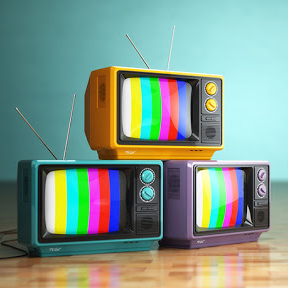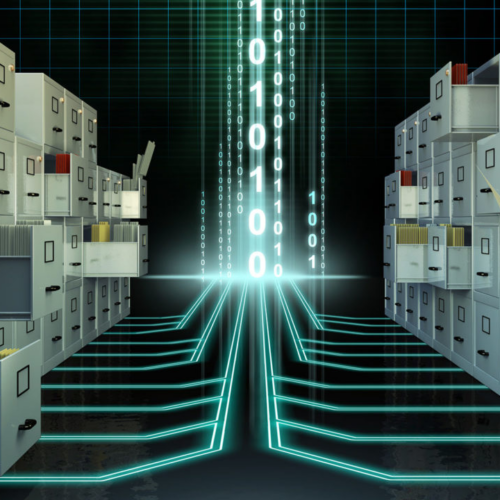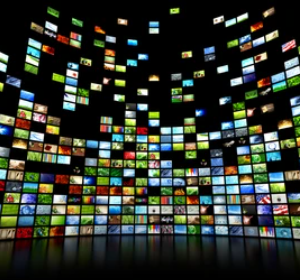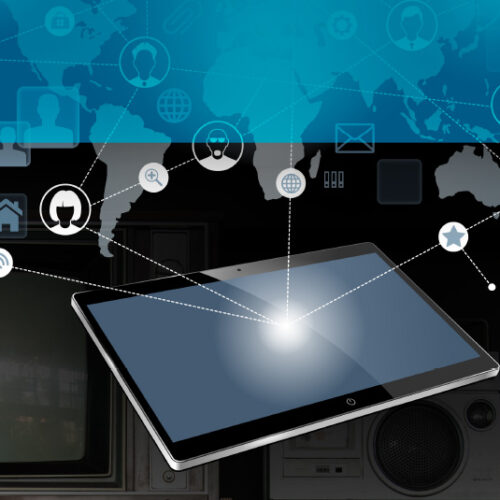
South Africans may soon fund the SABC through taxes, as fewer than 20% of television viewers pay their licences. The government is considering a radical shift to eliminating television licences and having the South African Revenue Service (SARS) manage funding. This proposal is part of a draft White Paper from the Department of Communications and Digital Technologies aimed at rescuing the financially troubled SABC.
The new model, supported by satellite giant MultiChoice, suggests replacing television licences with a public broadcasting tax collected by SARS, similar to systems in Nordic countries like Sweden and Norway. The SABC’s financial struggles are evident: in the 2021/22 fiscal year, it generated only $43 million in television licence revenue, far below the target of $240.54 million, and spent $3.9 million pursuing unpaid fees. Communications Minister Mondli Gungubele revealed that 9.2 million accounts are in arrears, totalling $2.4 billion. Over 5.6 million accounts have already been handed over to debt collectors.
To address this crisis, the department aims to replace the outdated television licence system with a mandatory household fee, as indicated in the SABC Bill approved by the Cabinet last November. While awaiting the new law, interim solutions will be sought to stabilise the SABC’s finances.
Additional proposals in the draft White Paper include granting the SABC’s commercial division greater autonomy and creating a new board to enhance revenue for public service programming. Plans are also in place to expand the SABC’s international presence by rebranding platforms like Channel Africa and Ubuntu Radio as “SABC International.”
Private broadcasters, including Kagiso Media, express concern that government support might create an unlevel playing field. However, the White Paper reassures them that, like public broadcasters globally, the SABC can balance public service with commercial success. Significant changes are on the horizon, and funding the SABC may soon be mandatory for all households.










